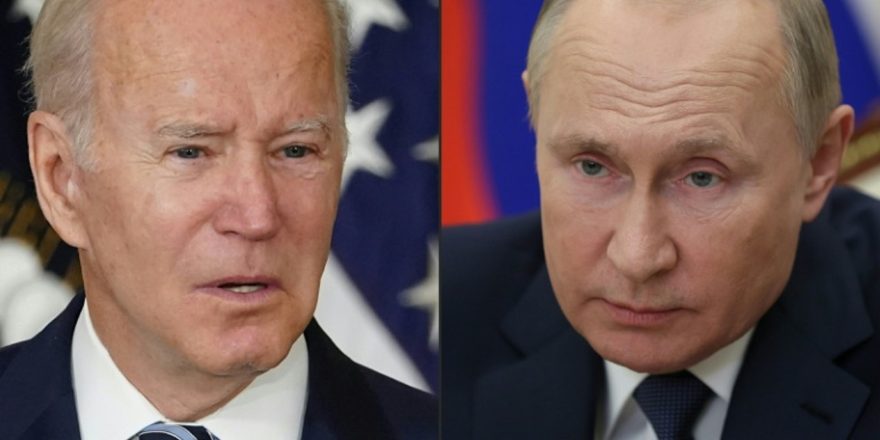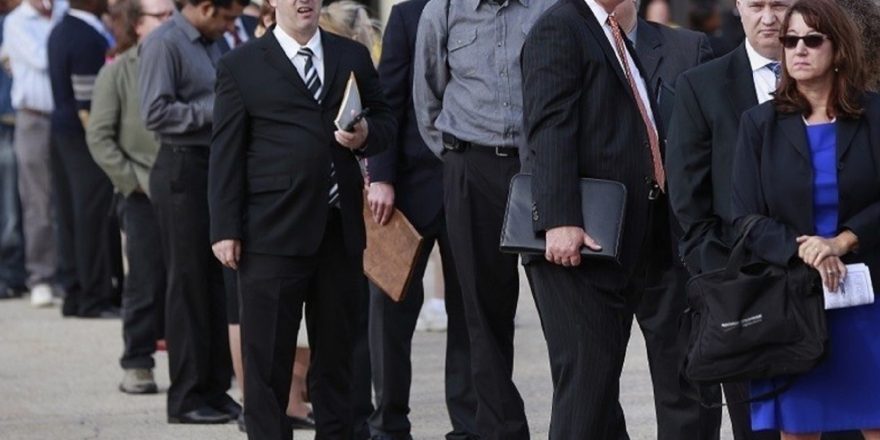Beijing is urged to call for more contingency plans to deal with the risks of a new Covid spread while China’s lockdowns are putting the economy under strain and threatening to disrupt global supply chains.
Services have been hit hard as restaurants and retail shops close because of renewed restrictions and tightened social distancing measures. The Purchasing managers’ indexes for March showed lockdowns in the technology and trade center Shenzhen and automotive city Changchun cut factory activity for the month.
Shanghai is home to the world’s largest container port, the city now battles mounting infections. Supply chain scares are intensifying as Covid controls in the city are impacting operations and reducing efficiency at the port.
Shipping giant AP Moller-Maersk has already shut some facilities in the city of Shanghai adding more fear to the already struggling supply chains.
Markets so far have underestimated the severity of the situation in China because it is difficult to fully reconcile and understand. Beijing’s determination in maintaining its Zero Covid strategy will very likely deal a severe blow to China’s economy and will also have a global impact.
On Wednesday, China’s Premier Li Keqiang reiterated China will stick to its full-year growth target of about 5.5% despite new challenges and increased risks.
At a State Council meeting, Li Keqiang said stable growth should be a priority and contingency plans should be drafted to deal with possible greater uncertainties. The worsening situation puts pressure on policy makers to step up fiscal and monetary support.
Areas covering roughly 30% of China’s GDP are affected by the outbreaks, and Covid controls will reduce a 1.8 percentage point to the first-quarter growth rate.
The situation could worsen in April, denting growth for the second quarter as uncertainty grows about the scope, severity and length of China’s lockdowns.
The government has made it clear that the priority is to contain omicron outbreaks, which indicates the willingness to sacrifice growth in the short term if necessary.
The damage to consumption could be deeper and more long-lasting than to production. Consumers are becoming more cautious amid the renewed virus flare-up
The People’s Bank of China reaffirmed that it will step up the magnitude of monetary policy and make it more forward-looking, targeted and autonomous.






